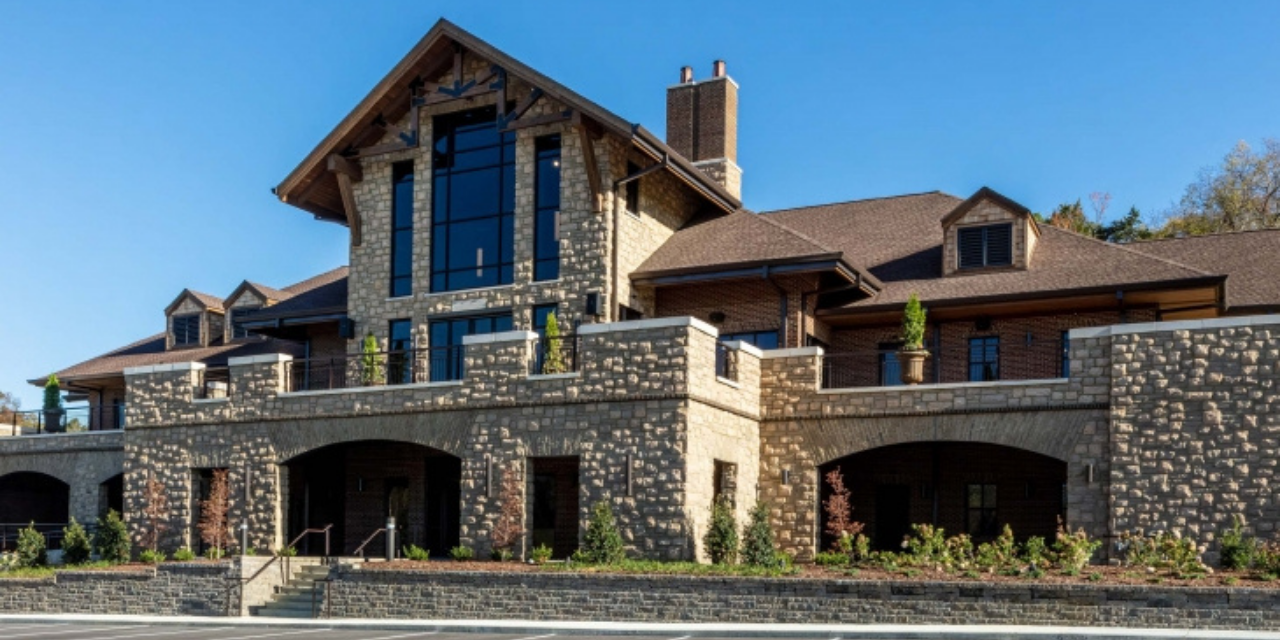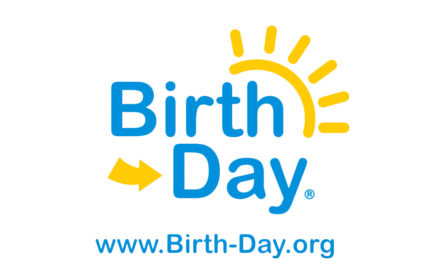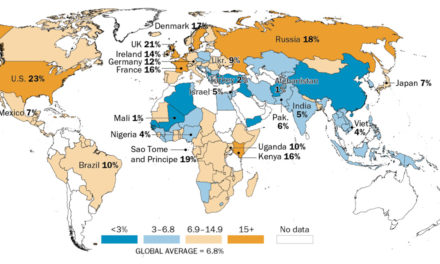Should the government be able to disqualify faith-based foster care agencies from receiving federal funding just because they adhere to a biblical statement of faith, and do not place children with unmarried couples or same-sex couples?
That’s the subject of a federal lawsuit involving a Tennessee Christian children’s home called Holston United Methodist Home for Children (Holston) and the U.S. Department of Health and Human Services (HHS). HHS is the agency charged with awarding federal grants to foster care agencies via state governments under a program known as Title IV-E.
At issue is a 2016 rule issued by the agency near the end of the Obama administration. After the U.S. Supreme Court decided two cases legalizing same-sex marriage in 2013 and 2015 (U.S. v. Windsor and Obergefell v. Hodges), HHS took it upon itself to add sexual orientation and same-sex marriage to a list of protected categories in its nondiscrimination rules applicable to federal grant programs.
The effect of that 2016 rule would have been to disqualify faith-based foster care agencies like Holston who operate from a biblical perspective in the selection of foster parents. But elections have consequences, as subsequent history demonstrated.
After a change in administrations in early 2017, HHS took steps to protect religious freedom by granting waivers to faith-based agencies from the requirements of the 2016 rule, ensuring that their funding could not be revoked by either the federal government or the states charged with administering the federal funding to local agencies.
In 2021, the administration changed again, and on November 18, 2021, HHS declared that no religious exemptions to the 2016 rule would continue for faith-based child placing agencies across the country. That change of course once again places Holston and other faith-based agencies in danger of losing funding.
That, asserts Holston, violates its rights under the federal Religious Freedom Restoration Act and the First Amendment, exceeds the authority that Congress delegated to the agency, and was unlawfully enacted in violation of the rules that govern federal agencies.
Holston is represented in the lawsuit by Alliance Defending Freedom (ADF). In a press release announcing the filing of the lawsuit, ADF Senior Counsel Matt Bowman explained what’s at stake.
“Holston Home is a force for good, living out the words of Christ to care for children and ‘the least of these,’” Bowman said. “It is vital that Holston Home, as a religious organization, remains free to continue placing at-risk children in loving, Christian families, according to its deeply held beliefs, without fear of government punishment.
“The Biden administration is wrong to remove religious exemptions to its unlawful grants rule. This leaves Holston Home and other faith-based nonprofits with an untenable choice to violate their religious beliefs or lose critical grants necessary to their operations, which benefit everyone, including the government. The Supreme Court has recognized the harms to children and society of expelling faith-based agencies from foster care and adoption programs, and now it’s time this administration follows suit by respecting Holston Home’s constitutionally protected religious freedoms and repealing this illegal rule.”
Last year, the Supreme Court upheld the religious freedom rights of a Philadelphia faith-based foster care agency in Fulton v. Philadelphia. In that unanimous decision, the justices ruled that the city government’s denial of a religious exemption from a similar nondiscrimination rule in favor of Catholic Social Services, whose religious beliefs about appropriate parents for foster children closely mirror those of Holston, violated the First Amendment.
Many of the facts in the Holston case are similar to those in Fulton. In addition, the Holston case includes additional issues of federal law that favor the foster care agency, making it, perhaps, an even stronger case for religious freedom than Fulton. We’ll keep you apprised of developments in this case as it proceeds.
The case is Holston United Methodist Home for Children v. Becerra.
Photo from ADF.






